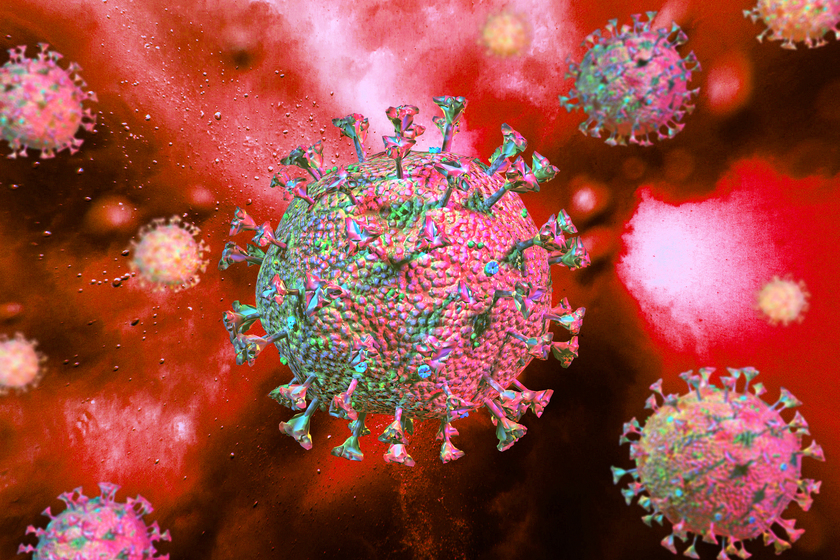An Assisted Living community must be aware of the regulations put in place by the state and local government. This is especially true concerning infectious disease control standards for geriatric care facilities. Infectious diseases can spread easily through your community and make residents sick or worse! This post will explain how Assisted Living communities can keep their residents safe from illness by following these infection control standards.
What Are Infection Control Standards?
Infection control standards are laws, rules and regulations that govern how healthcare communities should prevent and control the spread of infectious diseases. They’re designed to protect patients, visitors and team members from the spread of infections. These standards also aim to protect the public’s health by ensuring that all healthcare communities provide safe care for their patients.
Why Do They Matter?
Infection control is important because it helps keep the residents safe. The spread of disease, illness and infections can be prevented by following proper infection control procedures.
Infection control practices are also called “universal precautions” because they apply to all individuals regardless of their medical condition or risk factors.
Infection Control Standards for Assisted Living Communities
- Educating Residents and Team Members on Disease Control Protocols
In many Assisted Living communities, residents are taught the importance of hand washing and other infection control practices through formal education sessions. By educating residents about the proper way to practice good hygiene, you can ensure that everyone in your community learns what they need to know about preventing cross-contamination.
- Universal Precautions
Universal precautions are the most basic infection control standards in Assisted Living communities. These practices are designed to protect patients from the spread of bloodborne pathogens, including HIV, Hepatitis B and C, and other infectious diseases.
When you visit an Assisted Living community as a resident or family member of a resident, universal precautions may be put into place at any time during your visit:
- Gloves may or may not be worn by team members providing personal care services such as bathing or dressing residents. If team members wear gloves during these activities, they should be changed between each client they touch.
- When handling soiled linens or laundry bags containing bloody materials such as bandages or gauze pads removed from residents’ wounds (whether open wounds or closed sores), use disposable plastic bags rather than reusing laundry bags used previously without washing them first. This prevents cross-contamination between residents because there is no way of knowing where those items have been stored inside the community’s laundry room before being placed into each new load of dirty clothes sent out for cleaning at external facilities.
- Handwashing with soap and warm water before starting work and after an encounter with a resident (or whenever hands may become contaminated)
- Disinfecting with an EPA-registered disinfectant (such as bleach) before and after an encounter with a resident or contact with potentially infectious materials
- Using disposable gloves when touching body fluids or items that may contain them; changing gloves between residents if necessary
- Covering cuts on hands with bandages
- Documentation of Infectious Disease Prevention Efforts
As you may have noticed, many regulations exist in Assisted Living communities in this regard. This is because they have to take care of people who may not be able to care for themselves or might be more vulnerable to infection than the general population. So, these communities must be conscientious about preventing infections from spreading and ensuring everyone stays healthy.
A lot of this comes down to documentation: documentation that shows how well the community has done its job in preventing infections, documenting when someone gets sick, and reporting incidents where hygiene standards weren’t followed properly (or at all).
Conclusion
In conclusion, infection control is integral to caring for the residents in an Assisted Living community. It’s not just about keeping them healthy and safe from illness – it can also help you avoid lawsuits and keep your community from being shut down by state or local authorities.







